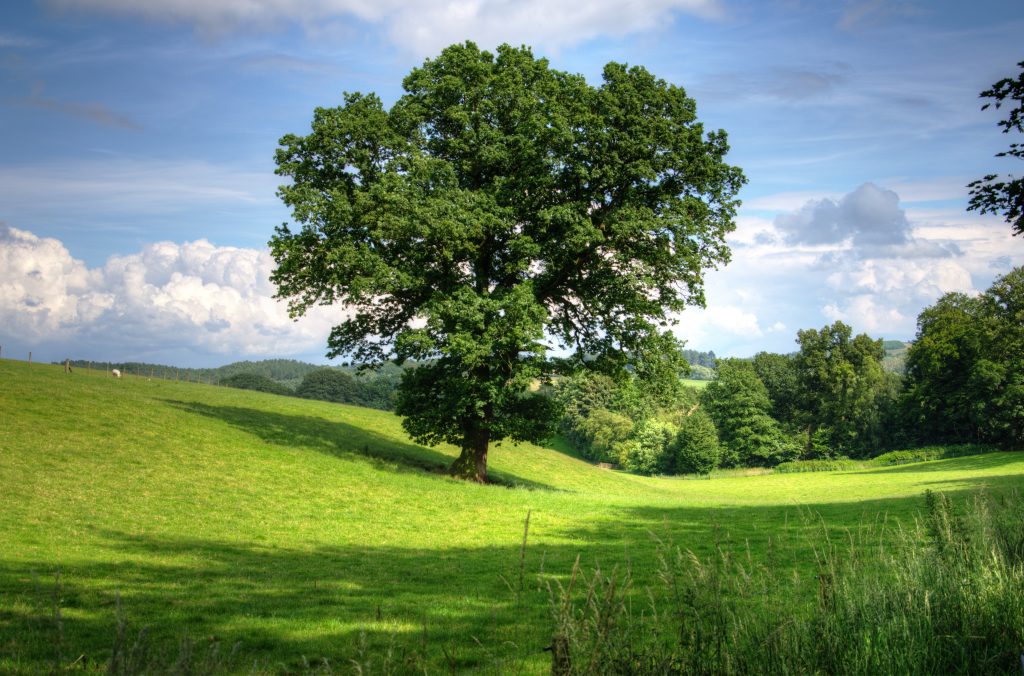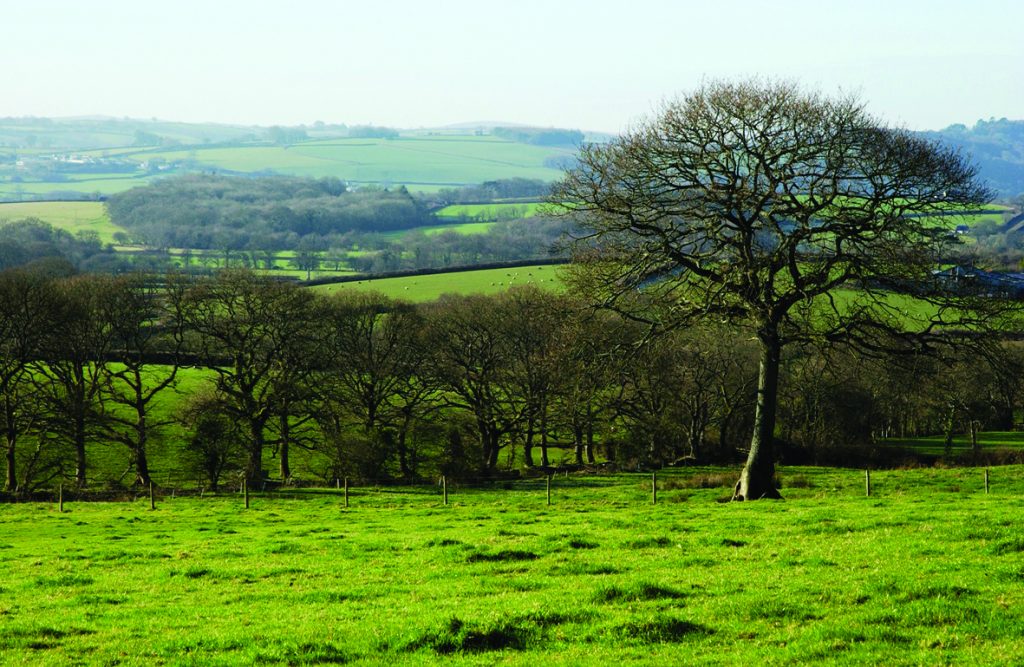RSPB ambassador Deborah Meaden shines a light on the new UK food certification scheme designed to halt biodiversity loss
I may not have a background in the food industry, but I do know business. And the best businesses are the ones that anticipate and respond to what their customers want.
So new research commissioned by the ground-breaking food and farming certification scheme Fair to Nature from the RSPB should be a “wake-up call” to farmers, food and drink brands and supermarkets.
The Ipsos Mori survey highlights growing concern about nature loss and a desire to halt its decline, with 70 percent of UK adults found to be concerned with UK wildlife declines.
Many of us will have recently watched the BBC’s spectacular Wild Isles, and most of us will have been shocked to learn about the danger that nature in our country is facing. But the nature crisis is not only in remote parts of the ‘Wild Isles’: it is on our doorstep and if you take a walk through the countryside this weekend, you will see that wildlife is in decline.
Even though we can see the biodiversity crisis with our own eyes, most people don’t fully realise how the destruction of critical ecosystems puts the security of our food supply at risk.
In the last 50 years, almost half of all wildlife species in the UK have declined. The stats make difficult reading:
- Since 1970, over half of our farmland birds have disappeared (58 percent – from the Farmland Bird Index)
- Since 1970, 41 percent of species in the UK have declined (State of Nature Report 2019)
- Since 1976, 80 percent of butterfly species in the UK have decreased in either abundance, distribution or both (State of UK’s Butterflies 2022 report, Butterfly Conservation)
- Since 1937, 97 percent of our wildflower meadows have disappeared (Plantlife)
It is challenging to understand the scale of the crisis staring us in the face, but we must acknowledge that nature is being damaged at a terrifying rate, and we must urgently take action to stop biodiversity declines.

There are many reasons to be concerned about biodiversity loss but most importantly we depend on nature to provide our food and, put simply, without nature there is no food. As an investor I know there’s no future for a company if the raw materials it relies on are no longer available.
With more than two thirds of Britain’s entire land area currently being farmed and approximately one million of the world’s estimated total eight million species of plants and animals under threat of extinction, we must act before it is too late to avert a critical situation for food production. So, how should the food supply chain respond?
The ground-breaking food and farming certification scheme Fair to Nature should provide us all with hope.
Managed by the RSPB, the UK’s largest wildlife and conservation charity, Fair to Nature is the only UK certification scheme with a focus on biodiversity and reversing the loss of nature that threatens our long-term food supply. With research showing that UK wildlife decline is a key concern of consumers, the certification scheme not only boosts biodiversity, but consumer confidence too.
Under the scheme, farmers make at least 10 percent of their farmed land available – including areas which are difficult to farm productively – for a range of high-quality nature habitats.

Food brands that buy ingredients from certified farms can display the recently launched RSPB Fair to Nature Mark, meaning consumers are provided with the reassurance they need that their choices are scientifically proven to reverse wildlife declines and deliver the highest level of biodiversity.
Given the cost-of-living crisis, some readers may be sceptical that environmental concerns will trump low prices, but this really matters to more customers than ever. Furthermore, without the work of pollinators, beneficial insects and many other critical ecosystem services that support farming, we will struggle to continue to farm the way we have over millennia. Without nature there is no food.
Authenticity about sustainability claims is vital to gain the trust of an increasingly environmentally conscious market. While true sustainability can be complex to navigate, consumers can trust the Fair to Nature standard as it is supported by science and certified by the RSPB.
Food brands must lead the way by adopting the Fair to Nature certification to protect nature and promote biodiversity. With shoppers looking for messaging that is easy to recognise, connect with and understand, displaying the Fair to Nature Mark on packaging will help consumers purchase products that make sure that we are prevented from facing a future without food. That’s something we can all invest in.
Why Deborah supports the RSPB
“The RSPB plays an extremely important role in the understanding, protection and conservation of birds. By identifying the issues, protecting habitats and engaging with local and wider communities, the RSPB offers a platform where we can all do something to help our wildlife.
The best moments of my life have been when I have stood still amongst the natural world, listening and watching. I’ve watched the swallows swooping over our fields, dragonflies guarding their ponds and the whoosh of thousands of starlings flying overhead on their way back to roost. The natural world is wondrous, but instead of sharing her generosity we have taken too much for ourselves, allowing little room for our fellow creatures, plants and even the soils we grow food in.

We take without giving back and at a pace the natural world simply can’t respond to. In destroying nature we ultimately destroy ourselves. We have an opportunity right now to change the way we live and to let nature repair at least some of the damage we have already done. But we need to change fast, before we pass the tipping-point and the natural world is damaged beyond repair.”





